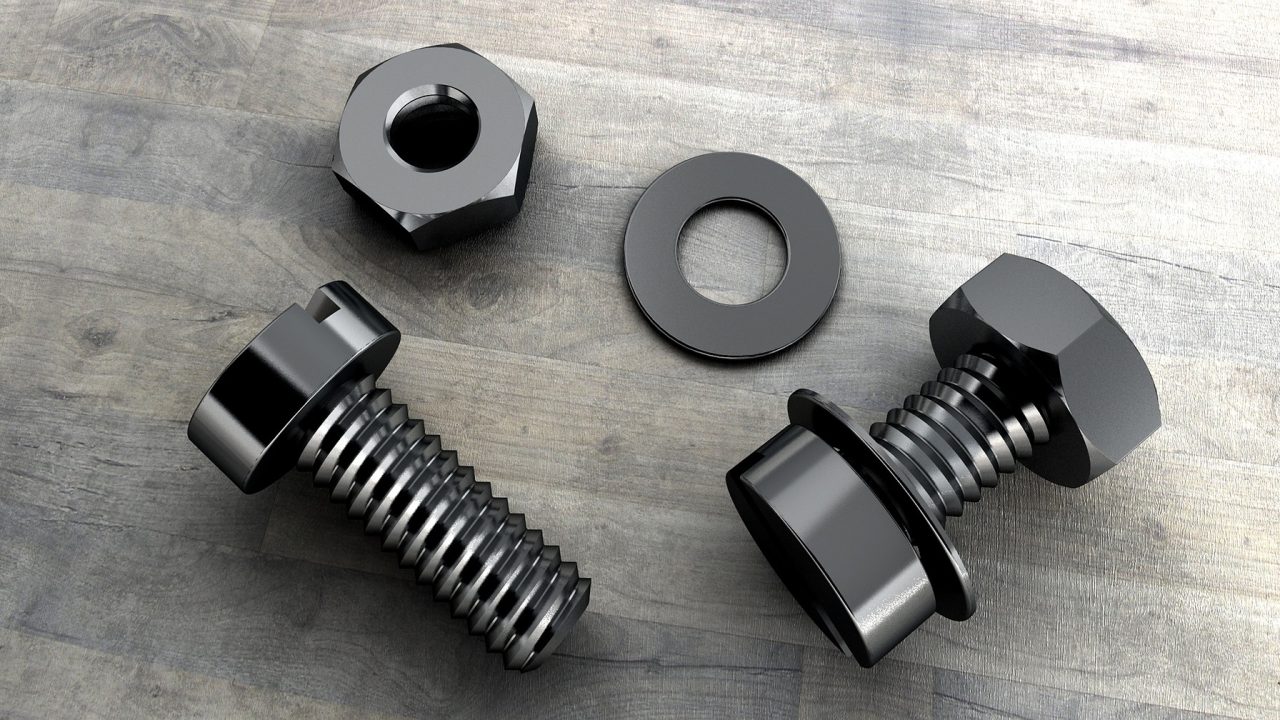Ball screws play a vital role in the performance, precision, and service lifetime of automated machinery and motion control systems. Choosing the optimal ball screw provider is crucial for ensuring the screws withstand harsh conditions and wear while providing precision linear and rotational motion control. When selecting a manufacturer, the design engineer or purchasing manager must consider several key factors that collectively influence suitability.
Table of Contents
Quality and Precision
When selecting a ball screw manufacturer, it is critical to consider both the quality and precision of their products. A quality ball screw that meets exacting precision standards is essential for high performance in linear motion applications. Any deviations in the lead accuracy, surface finish, or straightness of the screw can significantly impact functionality.
Expert Ball Screw Manufacturing starts with raw materials that are cleanly processed and precision ground. Reputable manufacturers will pay attention to details like minimizing inclusions and maintaining consistency in the hardness and grain structure of the screw. The threading and ends must also be precision machined to tight tolerances. Excellence in craftsmanship at every manufacturing step ensures that the ball screw has a smooth, consistent finish and the balls will roll effortlessly in the nut.

The manufacturing environment is another indicator of quality. Contamination control, rigorous inspection procedures, advanced metrology equipment, and skilled technicians capable of holding extremely tight tolerances are needed to produce precise ball screws. Certifications from bodies like ISO emphasize an organization-wide commitment to quality.
While superior ball screws may have a higher upfront cost, they pay dividends over the lifecycle through improved mechanical efficiency, reduced wear and tear, and minimal maintenance requirements. The consideration of quality and precision in the ball screw reflects directly on the performance of the end product. Investing in a trusted manufacturer ultimately brings an assurance of reliability and accuracy to the application.
Customization Capabilities
Researching a manufacturer’s ability to customize ball screws is necessary to determine if they can produce screws suited to your needs. Key aspects of inquiry include what screw diameters and leads they can provide, what materials and heat treatments are available, as well as what accuracy grades they can guarantee. Knowing the tolerance ranges for radial, axial, and torsional play is critical for proper functioning. You’ll also want to understand mounting configurations that are possible, including optimizing the end machining and providing various connection methods to motors or bearings.
Beyond the fabrication of the screw itself, it is helpful to assess secondary operations and additional value-added services to enhance cost and lead time savings. Some providers offer post-machining such as coating, cleaning, and lubrication options. Others consult on ideal nut selection, perform dynamic performance testing, or provide turnkey screw assemblies. By investigating the range of a ball screw manufacturer’s custom capabilities, you will be equipped to select a partner provider with the flexibility to meet your design requirements.
Industry Experience and Reputation
When choosing a ball screw manufacturer to purchase from, two critical factors to consider are their years in business and industry reputation. Seasoned manufacturers with decades of experience designing, engineering, and producing ball screws should have strong expertise and a proven track record of satisfying customer needs. Ask potential suppliers specifics, such as how long have they been manufacturing ball screws? Do they specialize in certain types, sizes, or applications? What materials and quality checks are used?
Established manufacturers invested and committed to the industry long-term have weathered business cycles and often have robust infrastructure, skilled staff, and streamlined capabilities tailored to ball screw production. Be attentive if capabilities seem unfocused or recent significant changes have occurred. Reputation also matters greatly regarding consistent quality, lead times, services, previous projects delivered, and customer reviews or testimonials. Research how manufacturers resolved issues and adapted to challenges over time or during crises.
Trust in a ball screw supplier is vital for such a crucial mechanical component. Analyzing manufacturing history, capabilities maturity, and demonstrated reliability satisfying many buyers over years along with market reputation provides confidence in sourcing. Partnering with experienced, reputable ball screw experts dedicated to the craft long-term reduces purchasing risk and encourages collaborative, responsive support delivering optimal solutions.
Cost Effectiveness and Lead Times
When selecting a ball screw manufacturer, cost and lead time are two critical factors to consider. On the cost side, you’ll want to get quotes from multiple manufacturers to compare pricing. Factors that impact cost include materials used, tolerances required, coating treatments, and order quantity. Generally, higher volumes lead to lower per-unit costs. However, opting for cheaper screws to save money upfront often results in poorer performance and shorter service life, driving up lifetime costs.
Apart from upfront price, assess value over the long run by looking at metrics like efficiency, load capacity, expected service life, and maintenance requirements. More capable screws may carry a higher upfront cost but save money over years of use through superior performance.
Lead time is also essential, especially for projects on tight timelines. Lead times range from stock availability to 12 weeks or more for custom jobs. Factors impacting lead time include the complexity of the screws’ design, order size, materials sourcing, production capacity, and demand fluctuations. Discuss expected lead times upfront and build buffer into project schedules, as delays can severely impact downstream work.
Selecting manufacturers with responsive customer service helps monitor orders and expedite should delays arise. Overall, cost and lead times require tradeoff analyses. Sourcing reliable, high-value screws from responsive partners, rather than simply chasing lowest-bidder pricing, often optimizes both metrics over the long run.
Service and Support
Finally, the level of service and technical support given by a ball screw company should guide selection as well. During the design and integration stages, the engineer may require guidance in selecting optimal ball screw types and specifying necessary dimensions/tolerances for their unique application. Quick response times and expert recommendations from the manufacturer can facilitate this process. Once installed, access to troubleshooting assistance or field servicing ensures any performance issues that arise can be promptly addressed. Evaluating what design consultations and post-sale technical services are included helps the purchaser determine the all-around support delivered by prospective suppliers.
Finding a ball screw producer able to meet demanding quality control standards, accommodate custom requests, demonstrate deep application expertise, provide prompt turnaround at reasonable prices, and give responsive customer service collectively determine suitability. Carefully examining these factors allows design engineers to feel confident they have chosen the best manufacturing partner for their specific needs. This in turn translates to optimized ball screw performance, minimal issues during integration and operation, and ultimately a more successful overall system.






